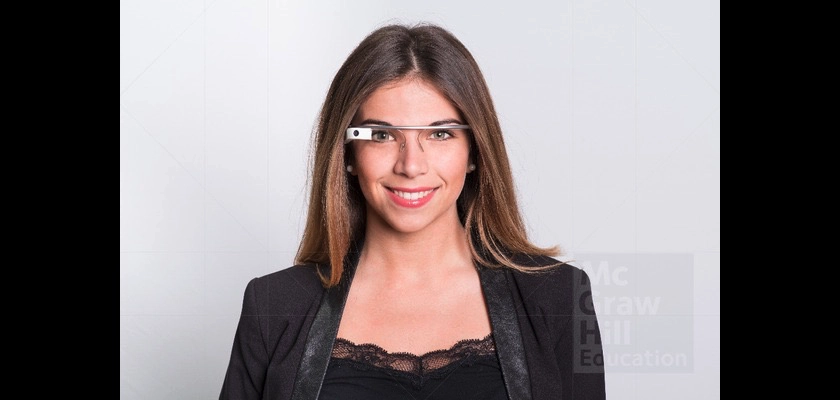Google Says Goodbye to Google Glass | April 2023
After more than a decade, Google announces it is abandoning Google Glass, their smart glasses technology.

After more than a decade, Google announced it would bid farewell to its smart glasses. Google Glass, which started as a consumer product and transitioned into a business product, was a product of Alphabet’s moonshot factory, X.
X, the moonshot factory
Google is known for its cutting-edge technologies and innovations. Google founders Larry Page and Sergey Brin formed a semi-secret research and development facility called X (formerly known as Google X) more than a decade ago.
Today, X operates as a separate division within Google’s parent company, Alphabet, to generate so-called moonshot-based businesses for Alphabet. The phrase “moonshots” refers to science-fiction-like technologies that have a slim chance of succeeding but could change the world if they do.
The human talent at X includes inventors and entrepreneurs. X has housed hundreds of projects over the years, some of which have spun off into independent businesses. The first project was self-driving cars (which was the predecessor to the company Waymo), followed shortly by Google Glass.
The History of Google Glass
One of Google’s first initiatives involved developing smart glasses in 2011. The result was Google Glass wearable technology. The lightweight eyeglasses could display information before the wearer’s eyes, respond to verbal and movement commands, and more.
Team members at X tested the glasses in their own lives in 2012 and then turned to test marketing with athletes, musicians, hair stylists, and more through its Glass Explorer program in 2013. In this trial mini launch, X tested Glass in a natural environment with people who represented the potential market. By 2014, Google Glass was ready for the public. But was the public ready for Google Glass?
However, the device was unsuccessful as a consumer product. Some people did not care for the look of the glasses and they were expensive, sometimes $1,000 or more. The technology also created privacy concerns for consumers and regulators. For example, wearers could use them to record others without permission. Others feared the glasses would allow Google to collect sensitive data.
Though consumers did not seem to be ready for this product, the Glass Explorer programs demonstrated how Glass could be used in business settings. Eventually, Glass was retired in 2015 and the product evolved into Glass Enterprise Edition in 2017 for businesses to help people work faster and safer. For example, someone in manufacturing could use the glasses on the job to quickly access manuals while working on machinery, or a medical professional could use them to look up patient records during an appointment. The Enterprise Edition 2 was released in 2019.
On March 15, 2023, Google announced it would no longer sell Google Enterprise Edition and would discontinue support before the end of the year. It didn’t say why, but according to The Wall Street Journal, Google and other tech companies have cut costs in recent months due to concerns about a slowing economy. Case in point, Alphabet laid off 6% of its workers in January, its largest job cut to date. Google continues to develop augmented-reality products.
In the Classroom
This article can be used to discuss new product innovation and the product life cycle (Chapter 12: Dimensions of Marketing Strategy).
Discussion Questions
- Why would a product such as Google Glass create privacy concerns?
- Why did Google Glass fail as a consumer product?
- What step of the product development process did the Glass Explorer program fall into? Describe this stage of the product development process.
This article was developed with the support of Kelsey Reddick for and under the direction of O.C. Ferrell, Linda Ferrell, and Geoff Hirt.
Sources:
Alyssa Lukpat, "Google Glass Is Going Away, Again," The Wall Street Journal, March 16, 2023, https://www.wsj.com/articles/google-glass-is-going-away-again-e7a6d8c8
Jennifer Korn, "Google Will Stop Selling Glass as It Looks to Cut Costs," CNN, March 16, 2023, https://www.cnn.com/2023/03/16/tech/google-glass-gone/index.html
X, "Glass Enterprise Edition," https://x.company/projects/glass/



